

We may earn revenue from the products available on this page and participate in affiliate programs. Learn More ›
Home Advice You Can Trust
Tips, tricks & ideas for a better home and yard, delivered to your inbox daily.
Swimming Pools

During the dog days of summer, nothing beats a refreshing dip in your own swimming pool. But if someone gets hurt in the water, you could find yourself face-to-face with a lawsuit—even if the injured party entered your backyard without permission. Property owners in most cities or counties are subject to the “attractive nuisance” doctrine, which requires homeowners to implement safety precautions around man-made features (like swimming pools) that might entice children to enter the property. While those requirements vary from region to region, they typically call for fencing around the entire swimming pool as well as a self-closing and self-latching gate.
Dog Bites
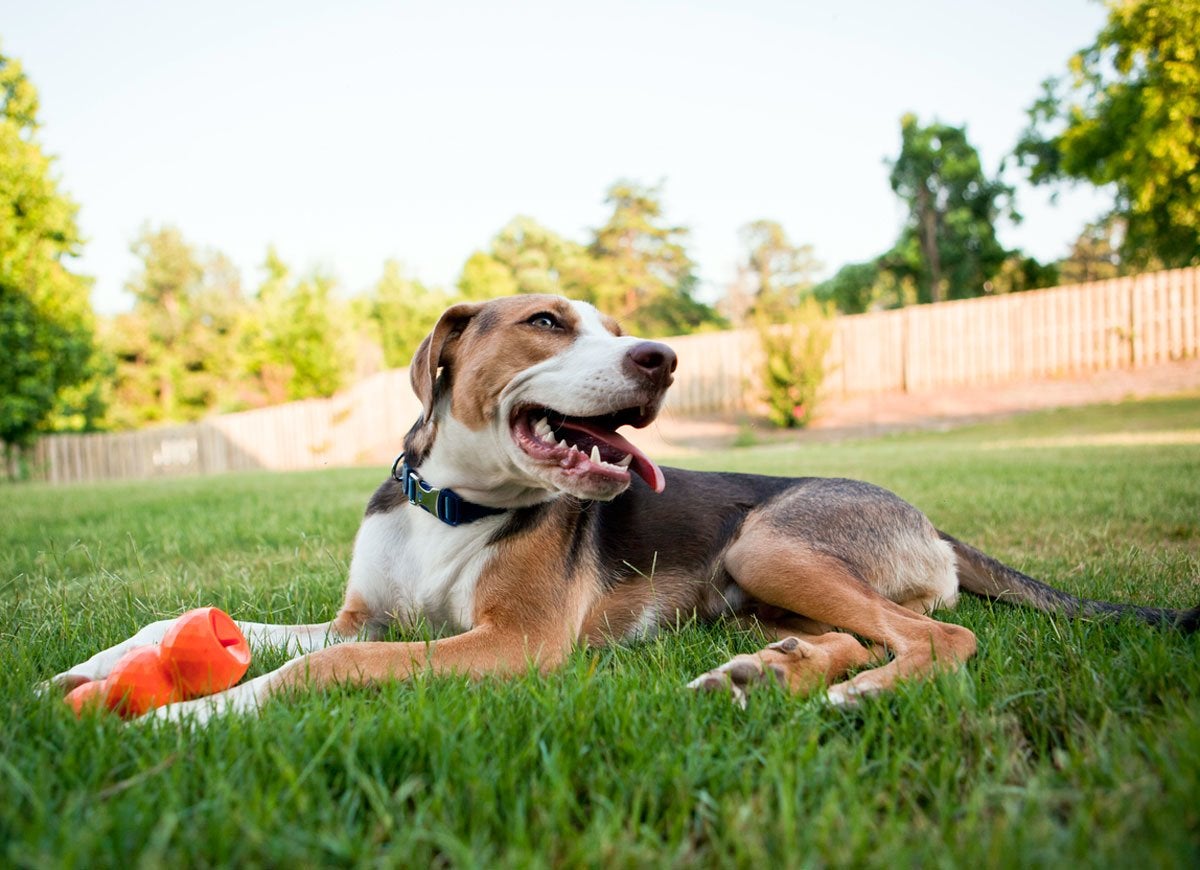
If your dog bites someone, whether it’s a visitor or stranger, the victim can sue you for damages. Dog bite laws vary between states—some have a “one bite” rule, dictating that if the dog never bit before, the owner couldn’t have predicted the behavior. Other states follow a “strict liability” policy, meaning that if the dog was unprovoked and the bitten person was legally on the premises, the owner is liable for damages regardless of the situation. A second dog bite offense can lead to the destruction of the pet, a serious fine, and possible jail time. When in doubt, keep dogs muzzled around strangers, and securely fence your property.
Sidewalks
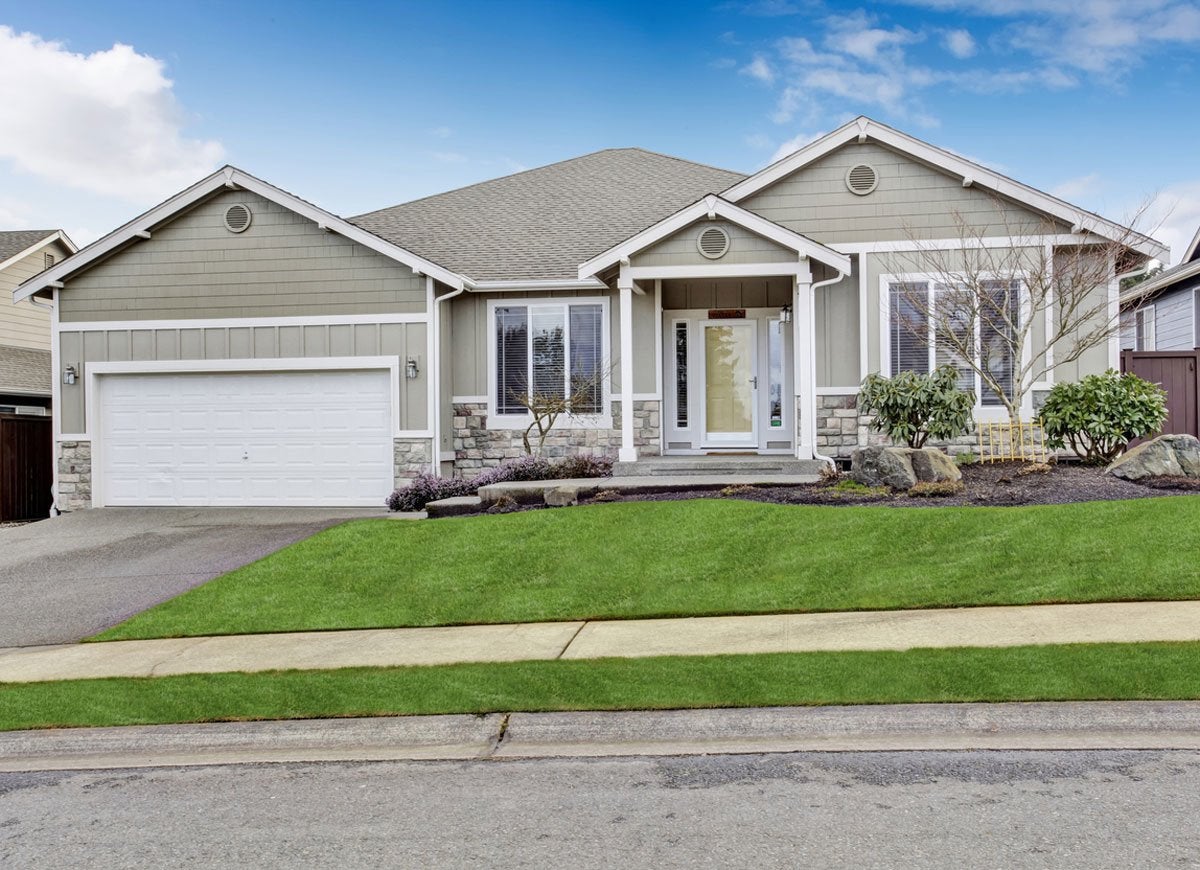
Sidewalks are technically public property, but in some states, homeowners are responsible for the walkway in front of their home. Fortunately, you can’t get sued simply because someone trips or falls; the injured party needs to prove that you created an unsafe condition. For example, you could get slapped with a lawsuit if, say, broken sprinklers on your front lawn leave a large puddle on the sidewalk, which then freezes into a slippery patch. To stay on the safe side, always clear hazards as soon as possible, or call the city if you didn’t cause them.
Work Vehicles
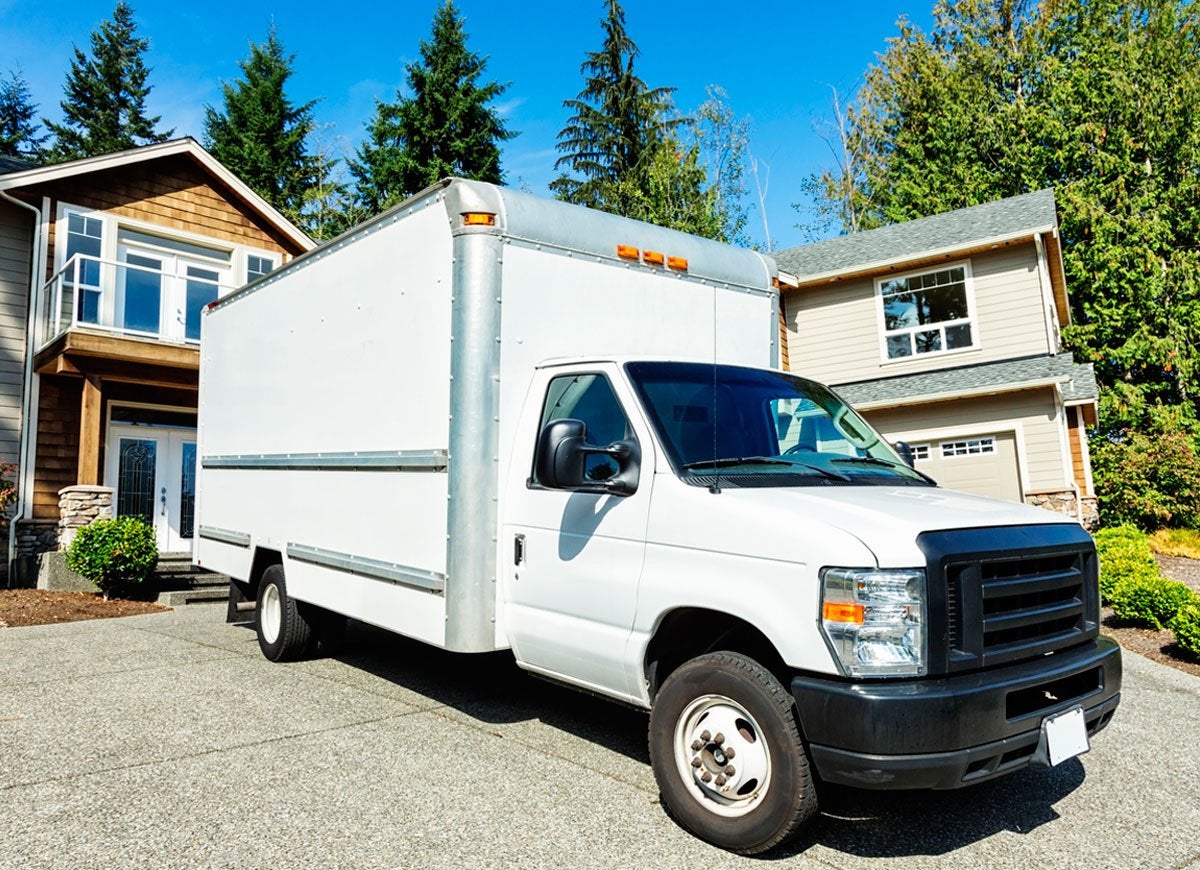
Many homeowner associations (HOAs) don’t allow branded or work vehicles to park overnight on the street—or even, in some cases, on a driveway. Breaking the rules may lead to fines or lawsuits, so check out your HOA’s parking policy before leaving your delivery van, plumber’s truck, or yellow taxicab in plain sight. If you’re unsure of the rules, park the vehicle inside the garage as a precaution.
Decks
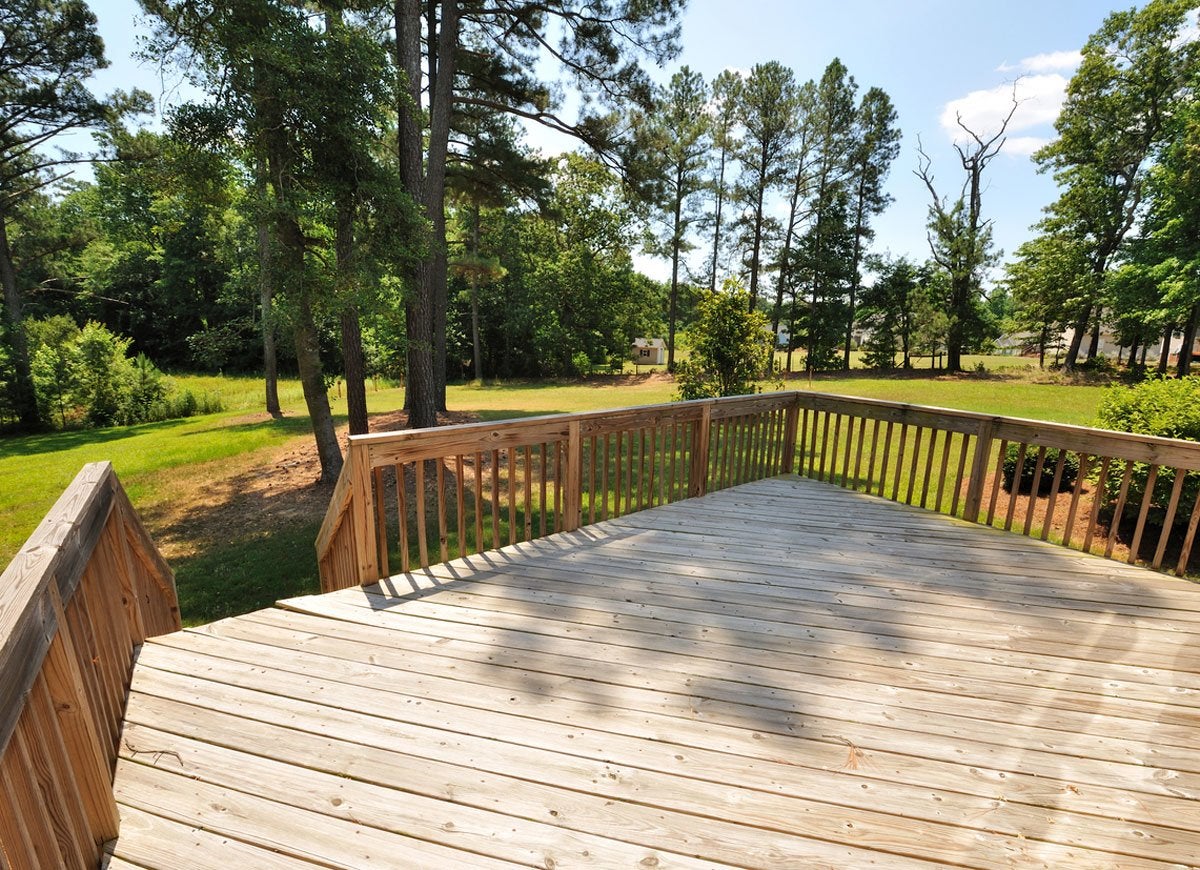
A backyard deck is the perfect spot for hosting neighborhood barbecues and family gatherings, but loading up a deck with too much weight can cause the structure to collapse. Your homeowners’ insurance will usually cover the damage, but if you built the deck yourself without required permits, you may have a lawsuit on your hands. To prevent a sticky situation, always acquire the proper permits for home remodeling projects.
Fallen Trees
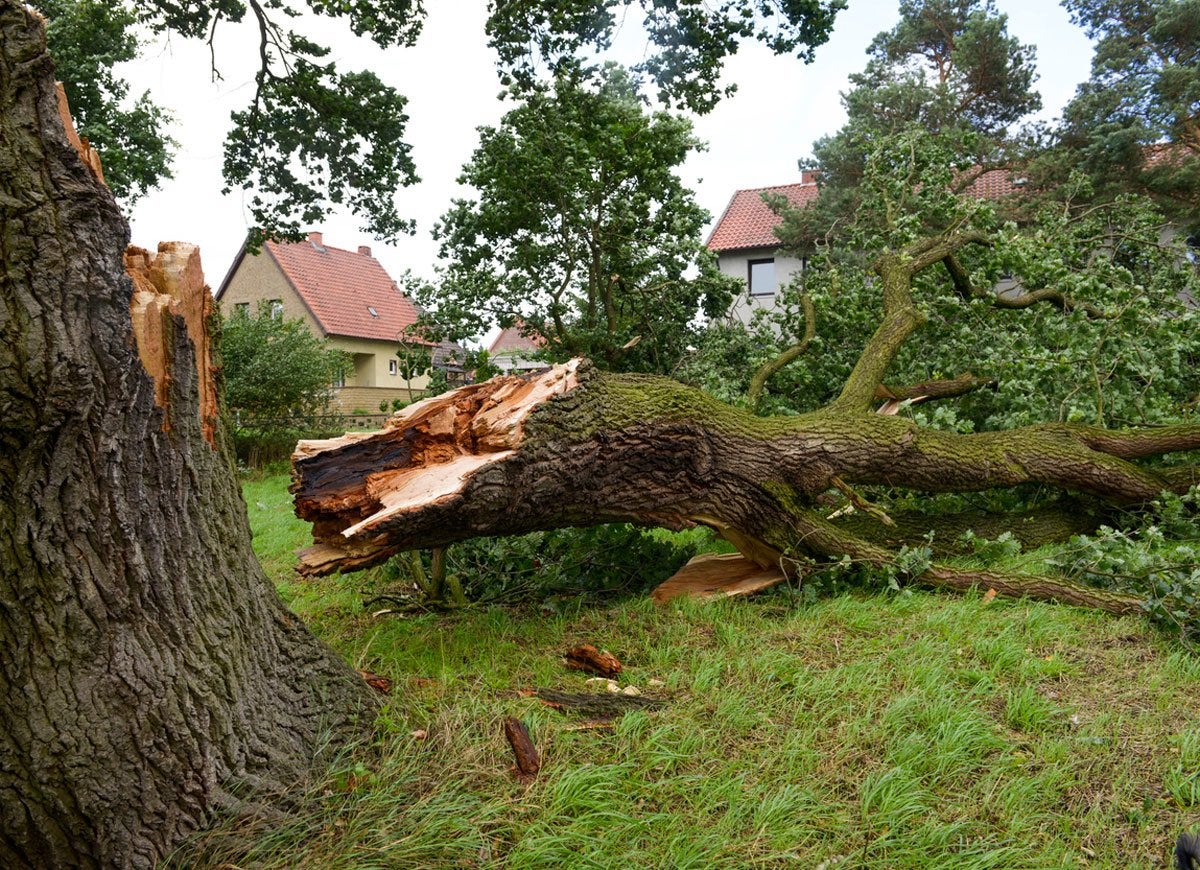
If a tree falls as a result of extreme weather, such as high winds, tornadoes, or hurricanes, the damage is usually covered by homeowners’ insurance. But if the homeowner played a part in the fall (for example, by pruning the tree poorly or failing to remove unstable branches), he is responsible for any damage that ensues. Take care of diseased or dead trees before they topple, and you might save yourself the stress and expense of a lawsuit.
Exterior Paint Colors

Homeowner associations (HOAs) generally specify permitted and forbidden exterior paint colors, often down to the shade of the trim. Residents must request written permission before painting their home. Don’t risk receiving a threatening notice, fine, or lawsuit; check with your HOA and get everything cleared before the first stroke of the paintbrush.
Costly Screw Ups
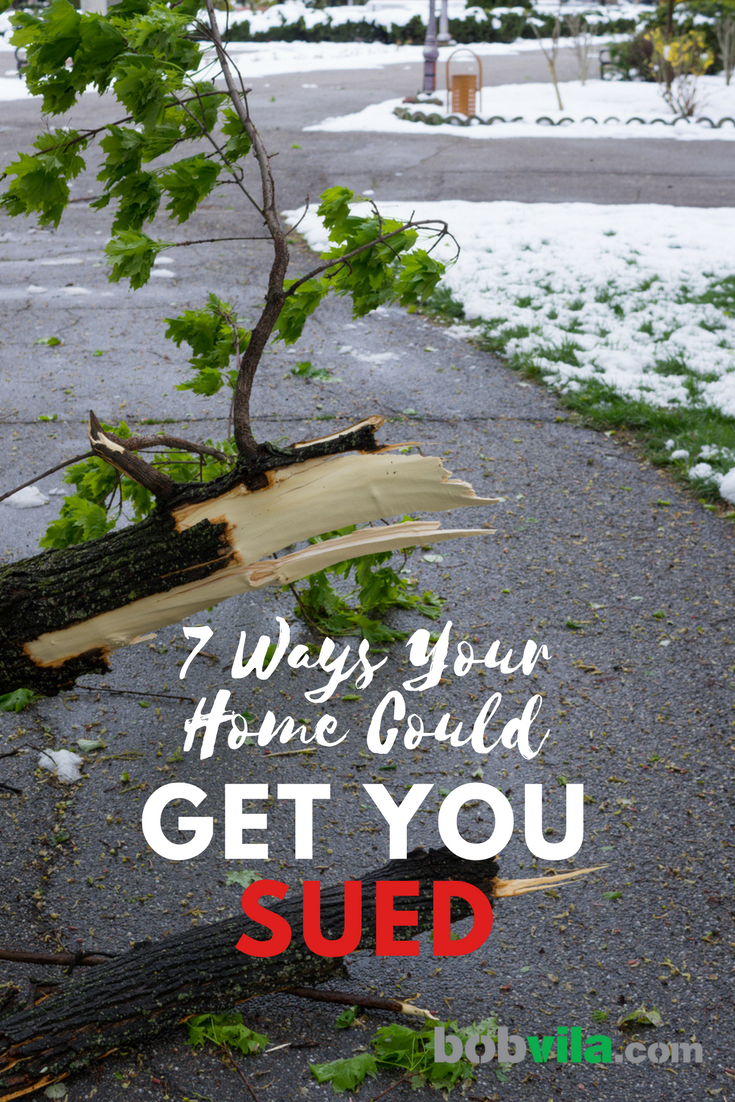
Taking care of a house already comes with enough expenses, don’t make these mistakes around the home that will cost you even more.
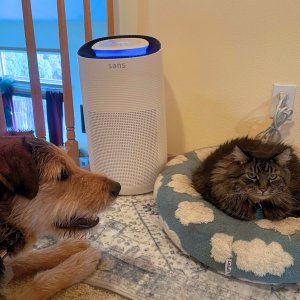
After Testing 20 Air Purifiers, We Found One That Does Something the Rest Can’t
Same functionality, different package? Not with this Sans air purifier, which offers more advanced filtration and features than most models I’ve tested—without a premium price tag.